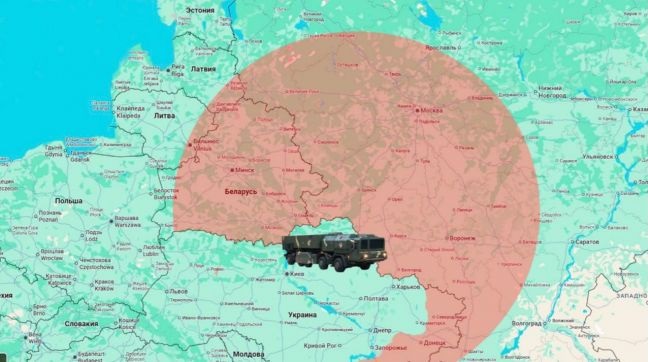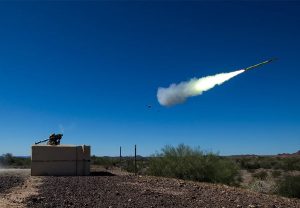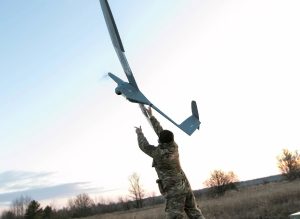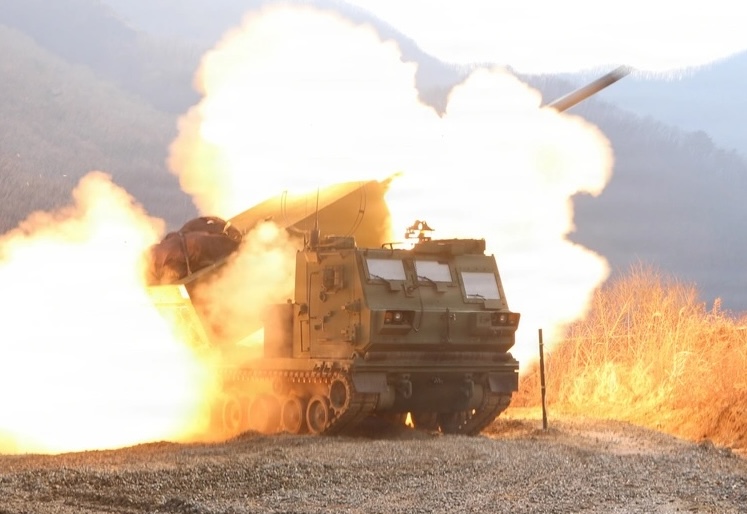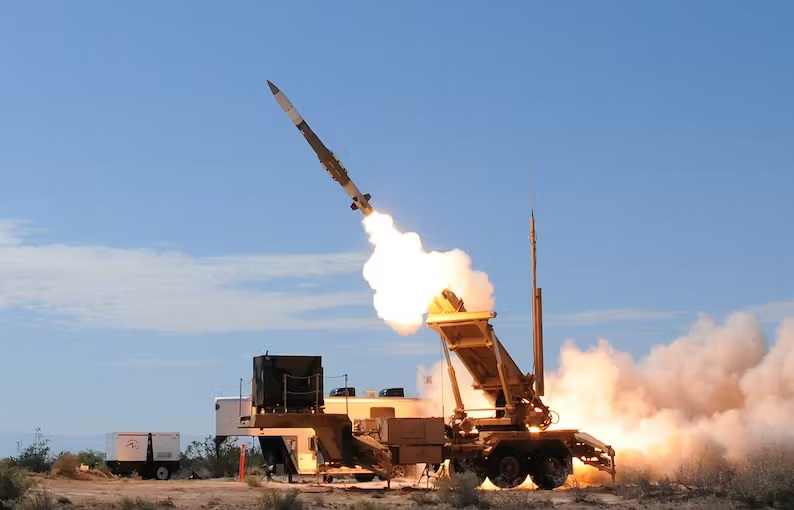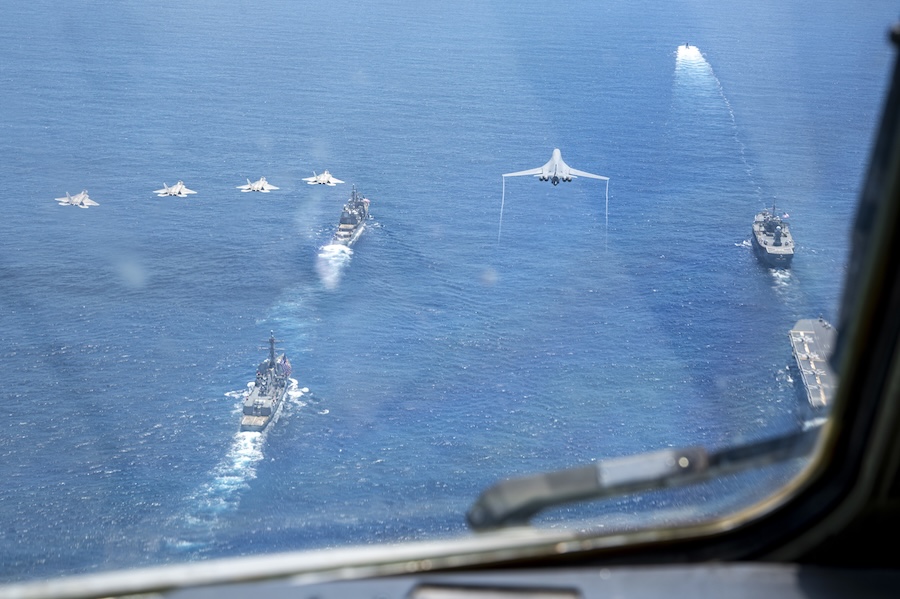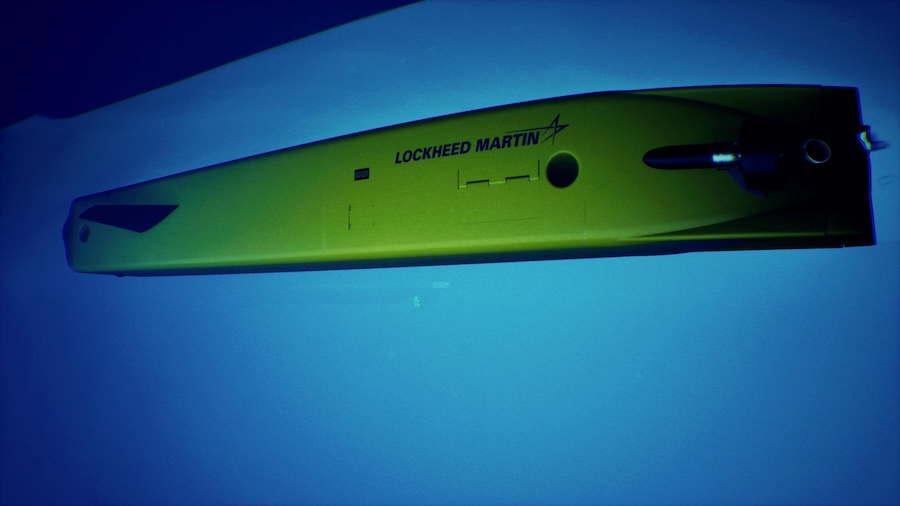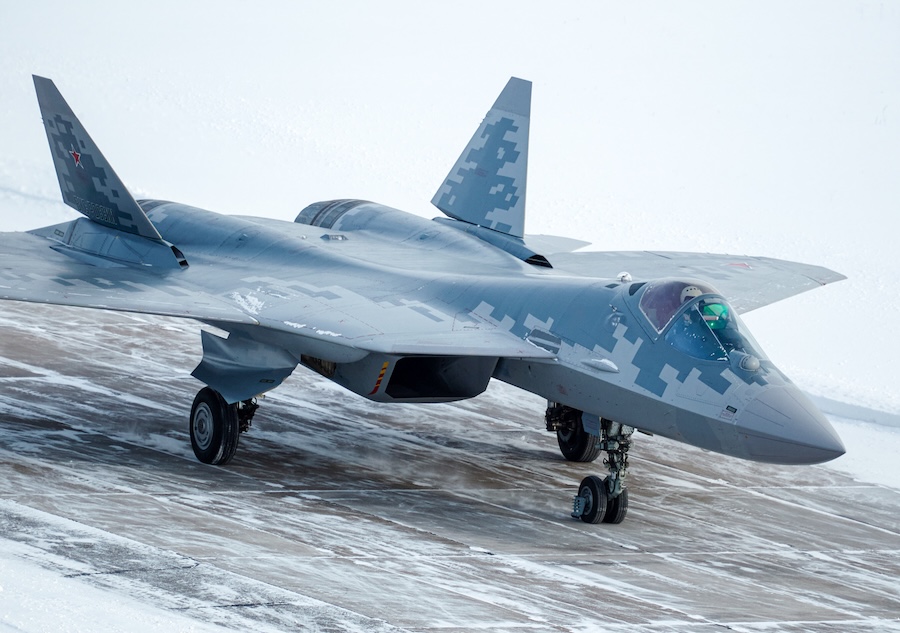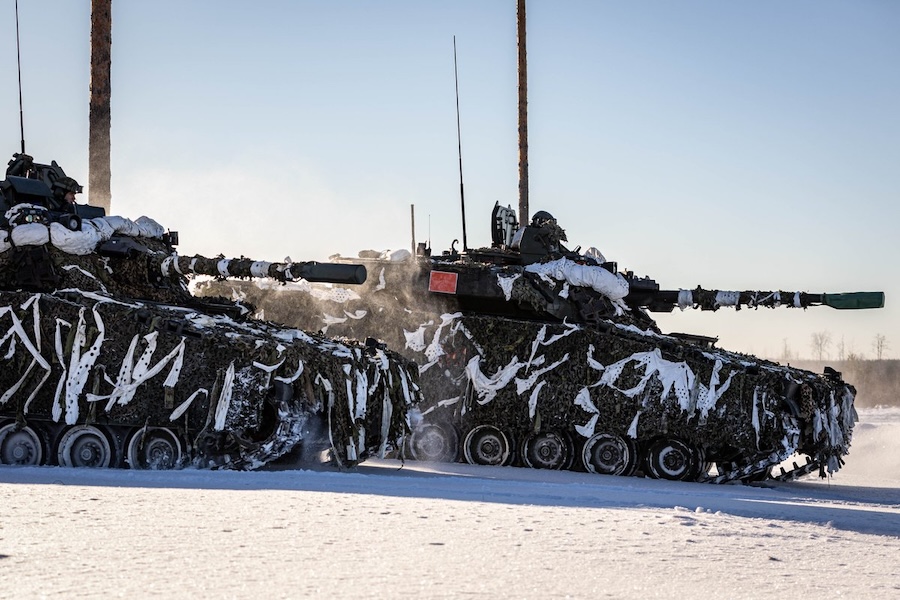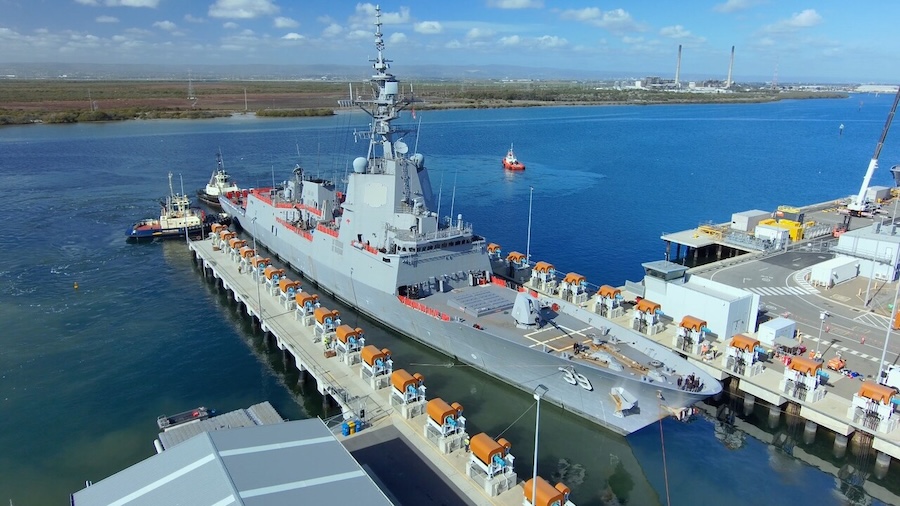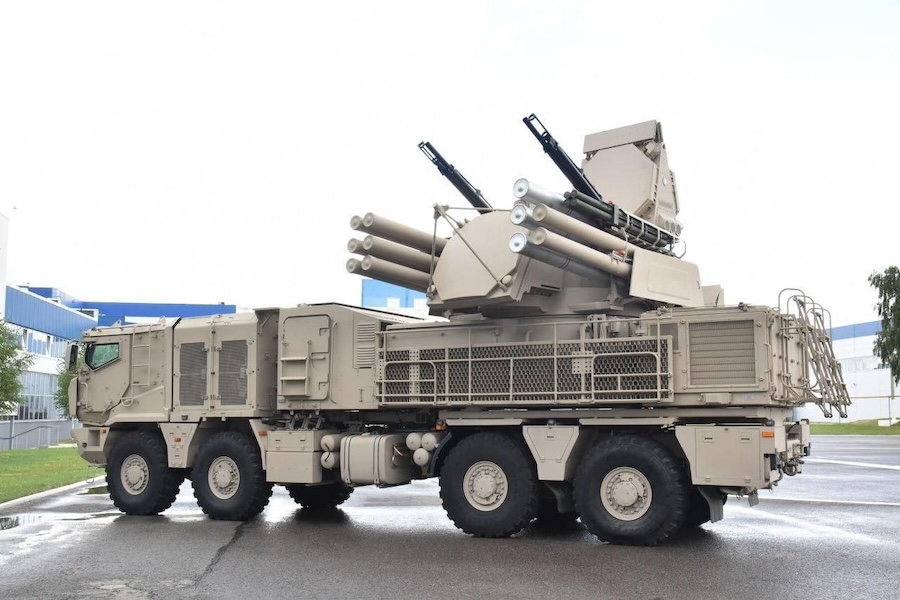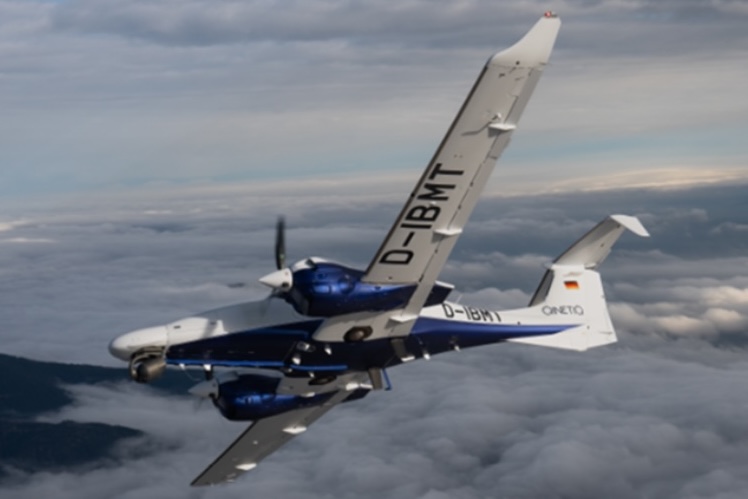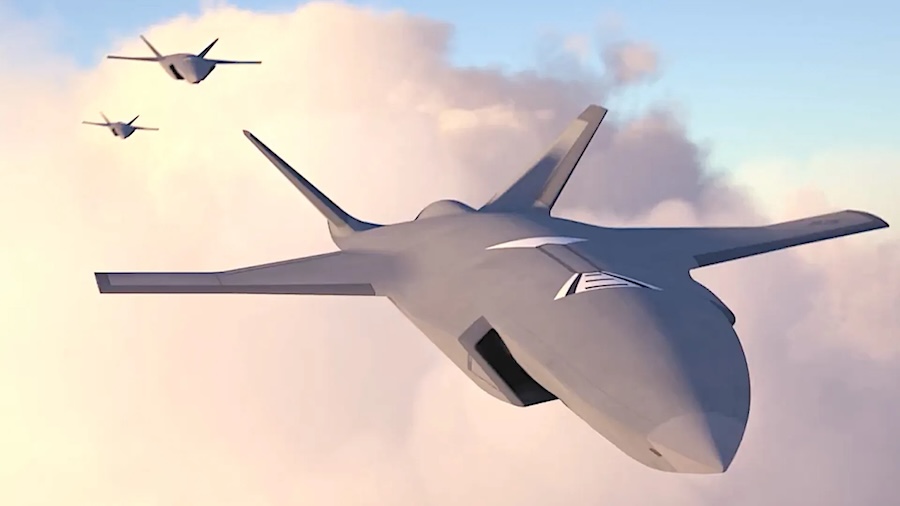According to the FSB, these sites were struck by Russian Armed Forces, removing both the threat of long-range Ukrainian missile attacks and the “technical base” for production. A map released by Russian state news agencies purported to show the Sapsan/Hrim-2’s potential range covering the Moscow region, central Russia and Belarus.
The Defence Ministry said its air, sea and land strikes “disrupted an attempt by the Kyiv regime, in coordination with Western partners, to produce missiles intended for attacks deep into Russian territory.” It stated the July attacks targeted Ukrainian design bureaus, rocket fuel facilities and missile assembly plants in the Dnipropetrovsk and Sumy regions.
The ministry added that four launchers of the Western-supplied Patriot surface-to-air missile system and a U.S.-made target detection and guidance radar were destroyed in Dnipropetrovsk. The FSB also claimed Ukraine had developed the Sapsan/Hrim-2 with assistance from “specialists” of an unidentified Western European country.
Authorities in Kyiv have not responded to the claims. Ukrainian media previously reported the Sapsan missile completed combat testing in May, striking a Russian military target at nearly 300 kilometres.


